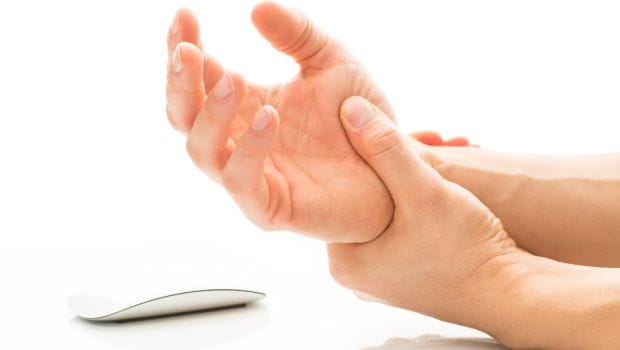How is water retention triggered?
Here are some of the plausible reasons that may trigger water retention:
- Sitting or standing for longer periods
- Reaction to medicines
- Excess salty diet
- Menopause in women
- Liver and kidney disorders
- Excess consumption of alcohol
The common symptoms of water retention
The most common symptoms of water retention may include swollen face, hands or feet and other parts of the body and feeling bloated all the time with a heavy and an unpleasant feeling.
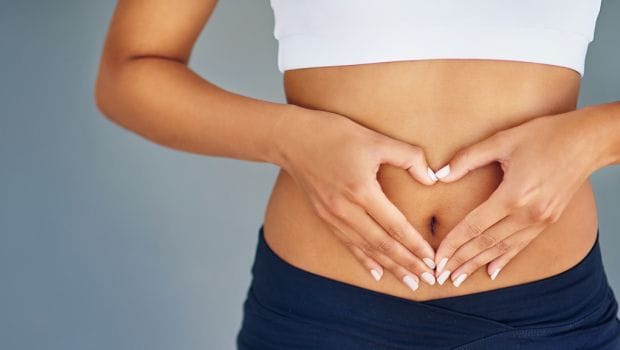 Feeling bloated is a common symptom of water retention
Feeling bloated is a common symptom of water retention
Effective ways to cure water retention
1. Consume potassium rich foods
According to Shilpa Arora, Nutritionist and Macrobiotic Health Coach, "Start your day with as many potassium-rich foods to reduce water retention in a short span. It is necessary to keep a balance between the sodium and potassium content to maintain the water level in the body. Eat potassium rich fruits like oranges, watermelons, bananas, apricots, pomegranate, papaya, mangoes and seasonal berries." The main idea to reduce water retention is to cut down on the sodium in the body and potassium does this job and excrete excess water by increasing the urine production.
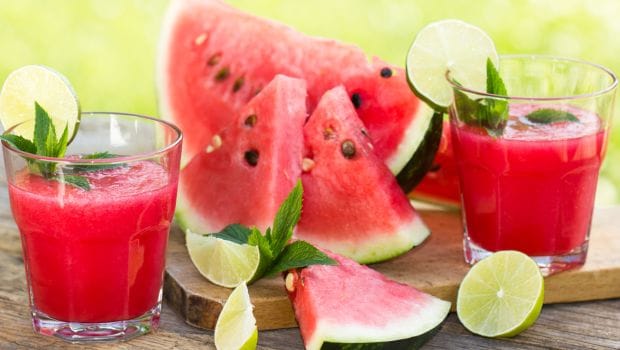 Potassium helps maintain the water content in the body2. Bring vitamin B6 to the rescue
Potassium helps maintain the water content in the body2. Bring vitamin B6 to the rescueFor the women who are going through their menstrual cycle, it is imperative to consume foods with sufficient amount of vitamin B6. This vitamin is diuretic and helps in increasing urine production, consequently reducing the water content in your body. Consume vitamin B6 rich foods like bananas, walnuts, potatoes, chickpeas, fish and avocados among others. These foods do help in decreasing the build up of bodily fluids and also help maintain the water content limit. Although it is believed that vitamin B6 is great for reducing fluid retention, however, it should be consumed under the strict recommendation of your physician.
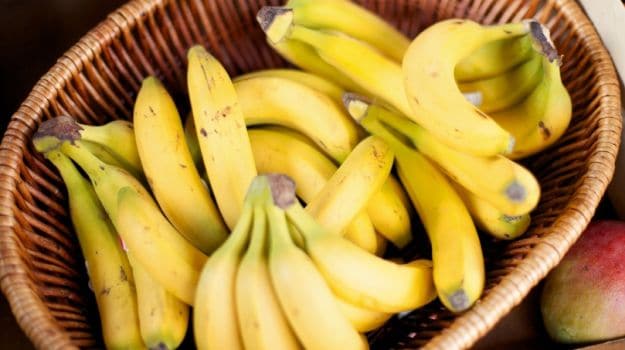 Vitamin B6 helps in reducing the build up of bodily fluids3. Consume herb infused water
Vitamin B6 helps in reducing the build up of bodily fluids3. Consume herb infused waterAs per Shilpa Arora, herb infused water is the best way to cure water retention. Kick start your morning with apple cider vinegar, methi infused water, cinnamon infused water or coriander seed infused water. These healing waters are the best when it comes to giving your body a dose of potassium. They flush out all the toxins in the kidney and help maintain the balance between potassium and sodium.
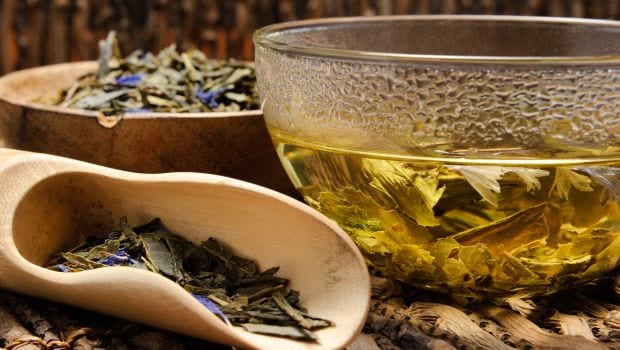 Herb infused water flushes out toxins in the kidney
Herb infused water flushes out toxins in the kidney4. Drink lots of water
Ironic as it may seem, but when you are dehydrated, your body acts by storing water in different parts of the body so as to survive the dry spell. Drinking lots of water can actually help reduce this effect and help remove the excessive salt present in the body and excrete the toxins through urine. Drink at least 8 glasses of water every day.
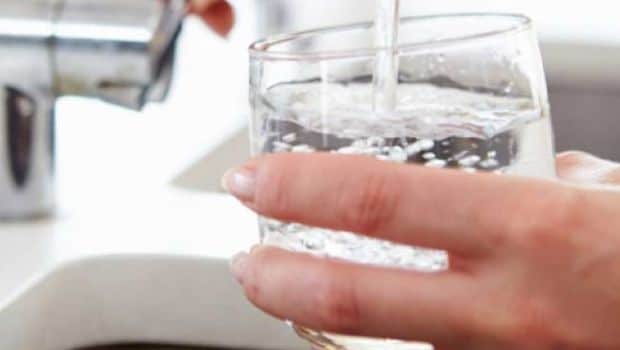 Drinking water can help minimize the effect of salt in your body5. Add natural diuretics to your diet
Drinking water can help minimize the effect of salt in your body5. Add natural diuretics to your dietNatural diuretics generally help get rid of excess sodium and water by stimulating your kidneys to produce more urine to release toxins. You can include herbal tea to your diet to decrease the effects of water retention. Certain vegetables like asparagus, beetroot, pumpkin, beans, garlic and spinach among others fall under this category. These vegetables are high in potassium and help stimulate your appetite and treat bile deficiency by encouraging urination.
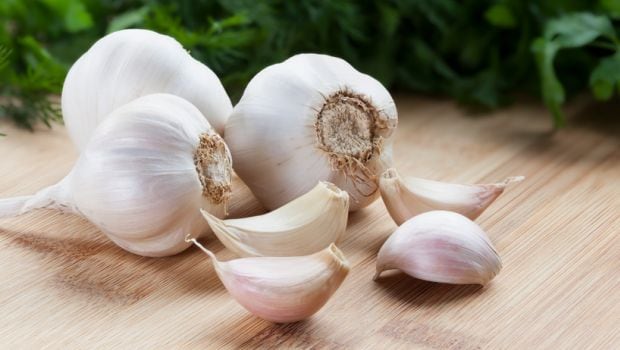 Natural diuretics help get rid of excess sodium and promote urination6. Make yogurt a part of your daily diet
Natural diuretics help get rid of excess sodium and promote urination6. Make yogurt a part of your daily dietIt is a good idea to add yogurt to your daily diet to prevent water retention. Yogurt has high amounts of protein and potassium. Since, one of the main causes of water retention is the loss of protein, increasing the protein content through yogurt can relieve you from water retention.
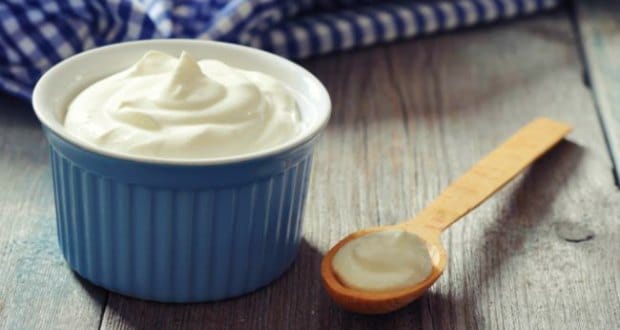 Yogurt has protein which helps in reducing water retention7. Add fiber in to your diet
Yogurt has protein which helps in reducing water retention7. Add fiber in to your dietEating fiber rich foods may actually help reduce water retention because they absorb adequate amount of water as they pass through your intestines. Foods like broccoli, peas, berries, whole wheat grains, oatmeal, chia seeds, flaxseed, artichokes and beans are fibrous and can prove to be great for relieving water retention.
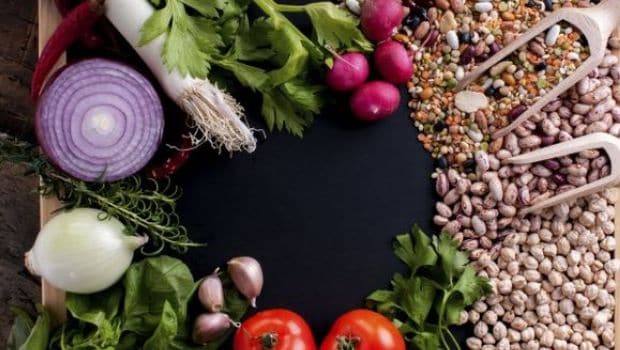
The other ways to cure water retention are to stay active, eat a balanced diet, lessen the intake of alcohol and avoid taking dehydrating components like caffeine. Also ,ensure that if you are considering the intake of supplements, it is imperative that you refer to a doctor first.









